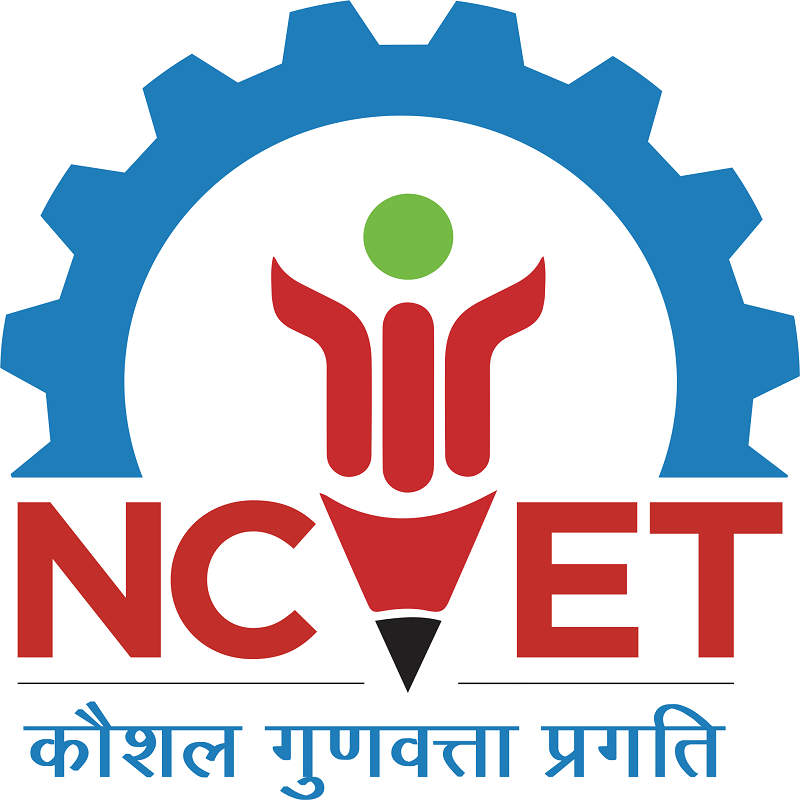A Pathway to Skill Development and Employment
Apprenticeship is a crucial element in developing a skilled workforce in India. By offering on-the-job vocational training, it enables young individuals to acquire essential skills while earning a stipend. Globally recognized as a premier model for skill acquisition, apprenticeship programs empower the youth with practical experience, enhancing their qualifications and readiness for the workforce
Benefits of Apprenticeship Training
- Skill Development: Apprenticeship programs leverage industry facilities to provide practical training, cultivating a skilled workforce tailored to meet industry demands.
- Employer Advantages: Employers who engage apprentices often experience increased productivity and success, benefiting from the fresh perspectives and enthusiasm apprentices bring.
Structure of the Apprenticeship Program
The Apprenticeship Program in India is structured to include both Basic Training and On-the-Job Training (OJT) or Practical Training at the workplace.
- Basic Training: This foundational training is essential for individuals who have not received any formal institutional or skill training prior to beginning their OJT..
- On-the-Job Training (OJT): Conducted within an industry setting, this hands-on training allows apprentices to apply their learning in real-world scenarios.
Apprenticeship Act & Stipend Structure
According to the Apprenticeship Act 1961, establishments with a workforce of 30 or more are required to engage apprentices in a band of 2.5% to 15% of their total manpower, including contractual staff. For smaller enterprises with 4 to 29 employees, participation is voluntary. The stipend paid to apprentices typically ranges from ₹5,000 to ₹9,000 per month, depending on the course and the apprentice's educational qualifications.
Government Support: National Apprenticeship Promotion Scheme (NAPS)
To support and expand apprenticeship training, the Government of India launched the National Apprenticeship Promotion Scheme (NAPS). This scheme, managed by the Ministry of Skill Development and Entrepreneurship (MSDE), provides financial incentives to establishments that undertake apprenticeship training.
Key Features of NAPS:
- Stipend Support: The government offers partial stipend support to apprentices, which is transferred directly to their bank accounts through the Direct Benefit Transfer (DBT) system, up to ₹1,500 per month.
- Age of Apprentices: To avail government stipend support, the upper age limit for apprentices is 35 years at the time of registration. Establishments that do not require government stipend support follow the age limits specified by the Apprentices Act, 1961.
Simplifying Processes with NAPS 2.0
To further streamline the apprenticeship process and enhance the ease of doing business, the government has introduced NAPS 2.0. Effective from 1st July 2023, this update focuses on simplifying the administration of apprenticeship programs, making it easier for both candidates and establishments to participate.
Contact Us for More Information
For more details on apprenticeship programs, please visit www.apprenticeshipindia.gov.in or reach out to us at placements@asci-india.com




